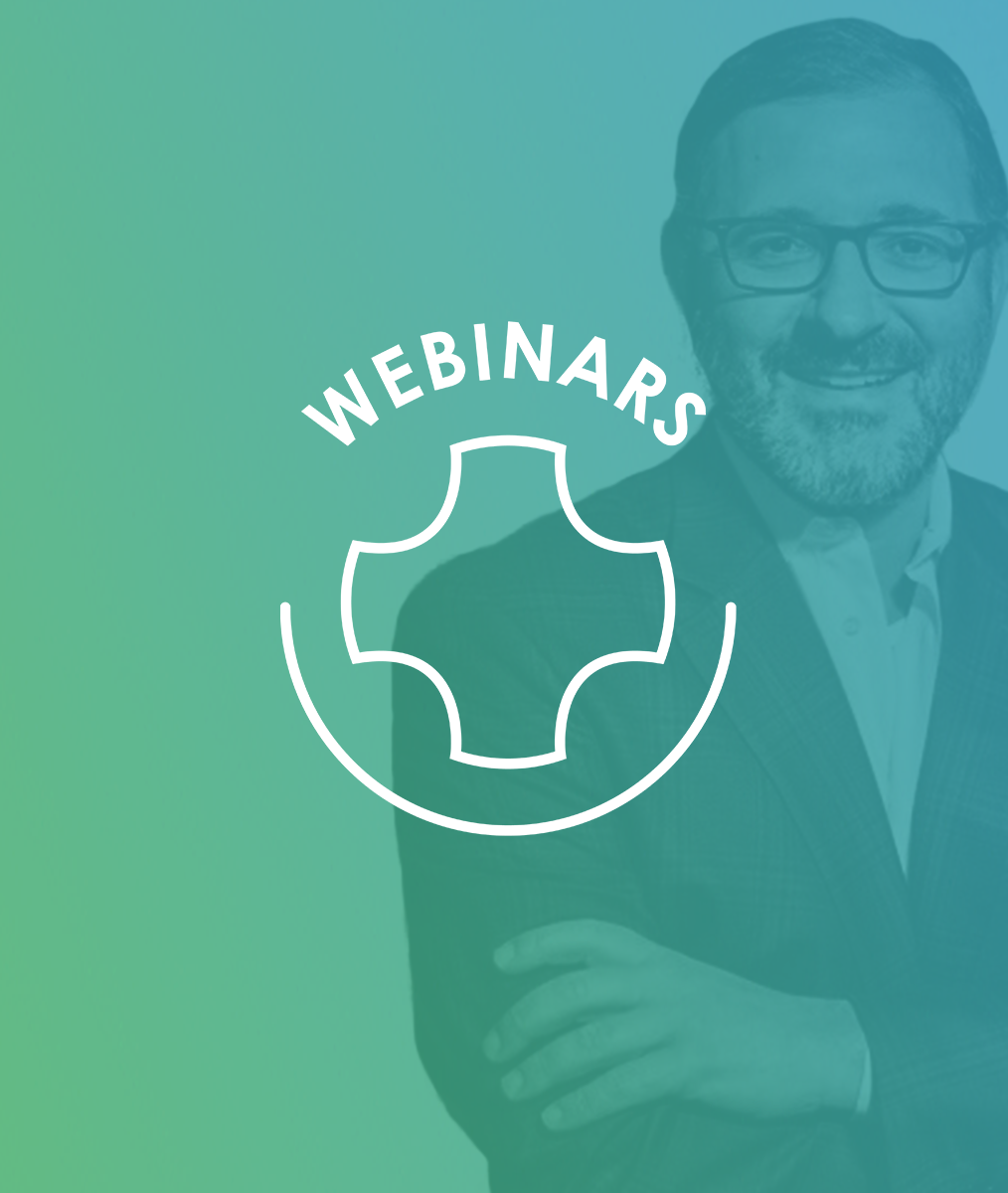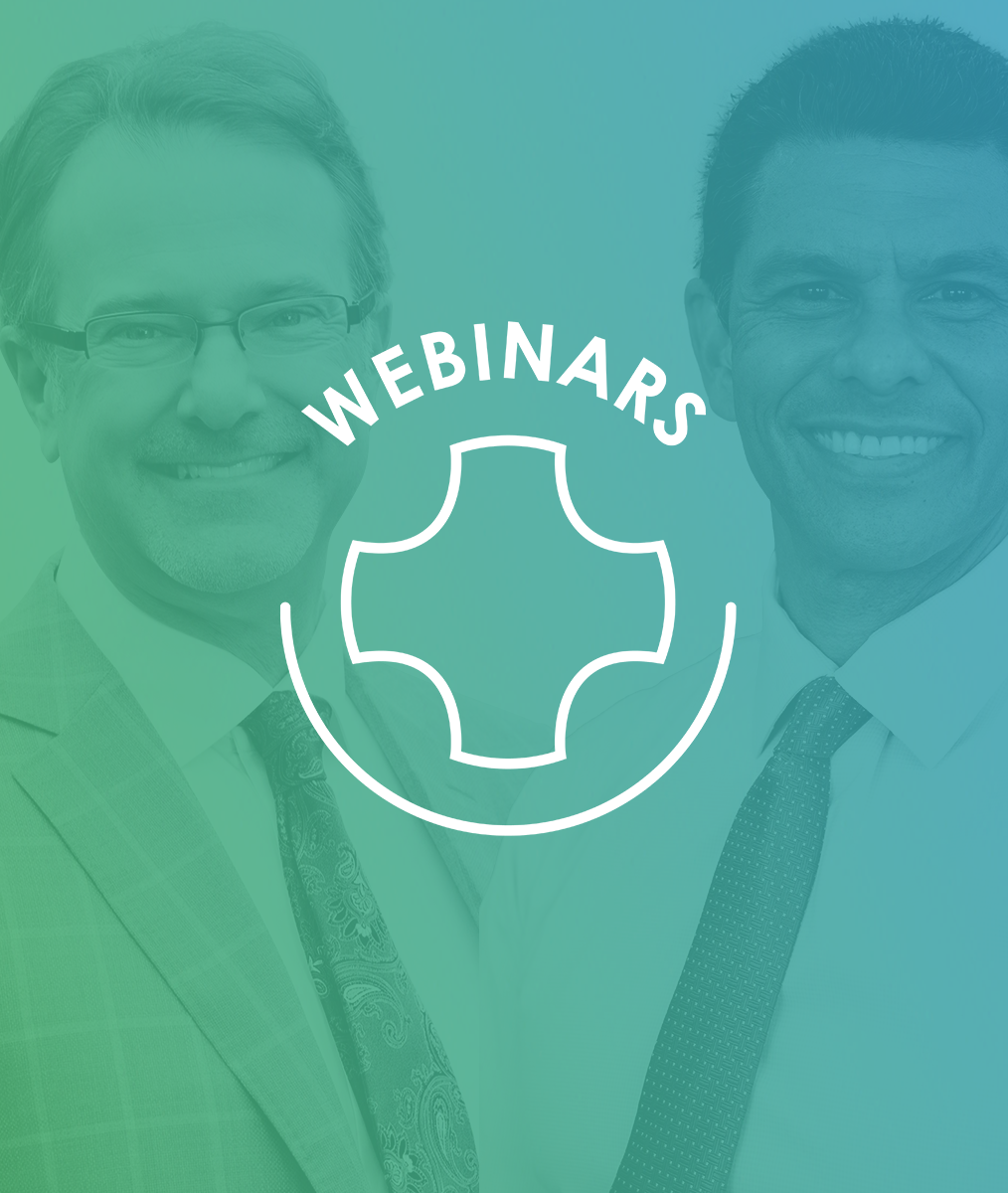Helping Our Patients Make Wise Decisions
By Paul A. Henny, DDS, and Deborah E. Bush, MA
The traditional rational economic model used in classical decision-making theory routinely fails to predict patient behavior because it fails to consider the psychology of decision-making and the inductive neuro process necessary to change one’s mind about what is best for oneself.
Classic Decision Theory
Classic Decision Theory (CDT) models a decision-making process that involves a fixed set of alternatives about which a person knows little. In response, they relate their limited knowledge to the situation at hand, use their beliefs and expectations associated with the options to project an outcome, and then use logic to make the final decision based on their goals.
According to this theory, people primarily make decisions based on their desire to maximize gains and minimize losses, an objective. This deductive process is largely driven by a heuristic known as “scarcity bias.” However, anyone who has practiced dentistry for more than a day outside of a teaching institution knows that CDT fails to explain many of the decisions patients make when they’re confronted with a complex problem they don’t fully understand.
Simple decisions such as “Should I get this filling replaced because it’s broken?” or “Should I allow Dr. Smith to help me make this tooth stop hurting?” are predictable. What’s much less predictable is whether a person will allow us to equilibrate their occlusion or leverage restorative dentistry to reestablish proper form, function, esthetics, and neuromuscular modulation. Why? Because these are complex issues that require an understanding of how the stomatognathic system works before the proposed solution makes sense and appears to be the logical best option to the patient.
Neuroeconomics is an interdisciplinary field that aims to explain human decision-making. By integrating psychology and neuroscience, this discipline can help us better understand how humans process alternatives to make choices and follow through on a plan of action. Neuroscience affirms that re-evaluating perspectives is a right-brain activity and an inductive process.
The Dentist’s Challenge
In practice, we often see patients making decisions we think are unwise for their long-term oral health. A person’s values and belief system influence their decisions. Not only may the person’s understanding and belief system be underdeveloped in relation to the value of properly planned, designed, and executed health-centered restorative dentistry, but their memories may be distorted. In this case, the person makes what we perceive to be unwise decisions because their memories do not align well with our understanding of the situation. They don’t know what we know.
Helping Patients Think and Feel Differently Through Inductive Reasoning
Reassessment, modification, or outright replacement of beliefs is a right-brain process known as inductive reasoning. The purpose of Co-Discovery is to take the patient through an inductive reasoning process. Oral health providers who understand how and why Co-Discovery works have experienced how it can change the trajectory of a person’s decision-making process.
Our challenge is to create an optimal learning environment in which people can safely reevaluate their beliefs, values, and priorities. Being patient with patients and taking our time to guide them through the inductive process of Co-Discovery will comfortably provoke new thinking, new beliefs, and new emotions. Through the process, a great many patients come to realize that their historical perspective is not serving them well, and they decide to have that equilibration or restorative dentistry that will serve them best in the long-term.
They may not choose treatment the first time it is recommended but will subsequently realize it is in their best interest. We just have to stay in conversation with them in Co-Discovery mode and guide them through the inductive process to arrive at their new goals.
Long-term, this is healthier for dentists and their care teams as well. The conversations we have with patients change the trajectory of our dental practices. Better conversations result in better decisions, which in turn result in better outcomes. Better outcomes result in lower stress and a thriving practice that is much more fulfilling for dentists and care team members.
Related Course
Surgically Facilitated Orthodontic Therapy
DATE: October 10 2024 @ 8:00 pm - October 10 2024 @ 9:00 pmLocation: Online
CE HOURS: 1
Date: October 10, 2024 Time: 8 – 9 pm ET Speaker: George Mandelaris, DDS, MS COURSE DESCRIPION Patients seeking ideal esthetics may require a more sophisticated diagnosis and treatment plan…
Learn More>









